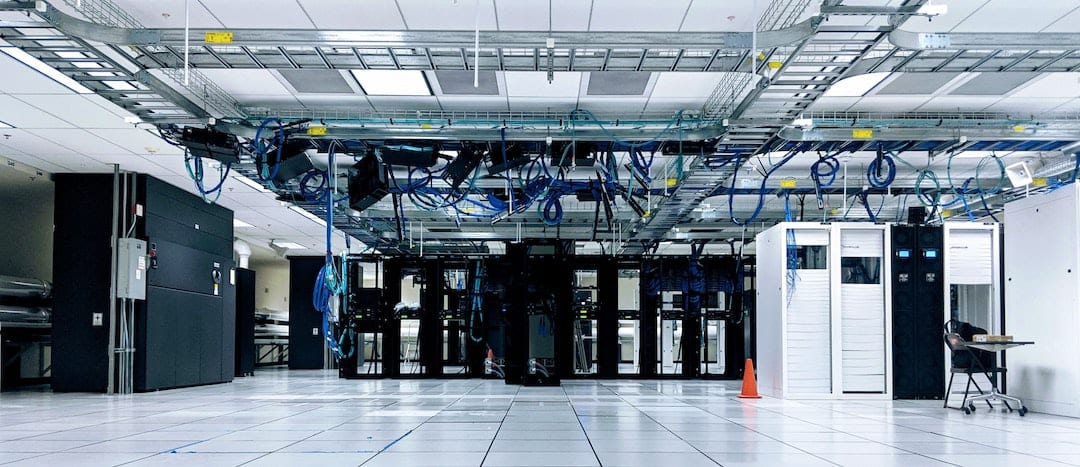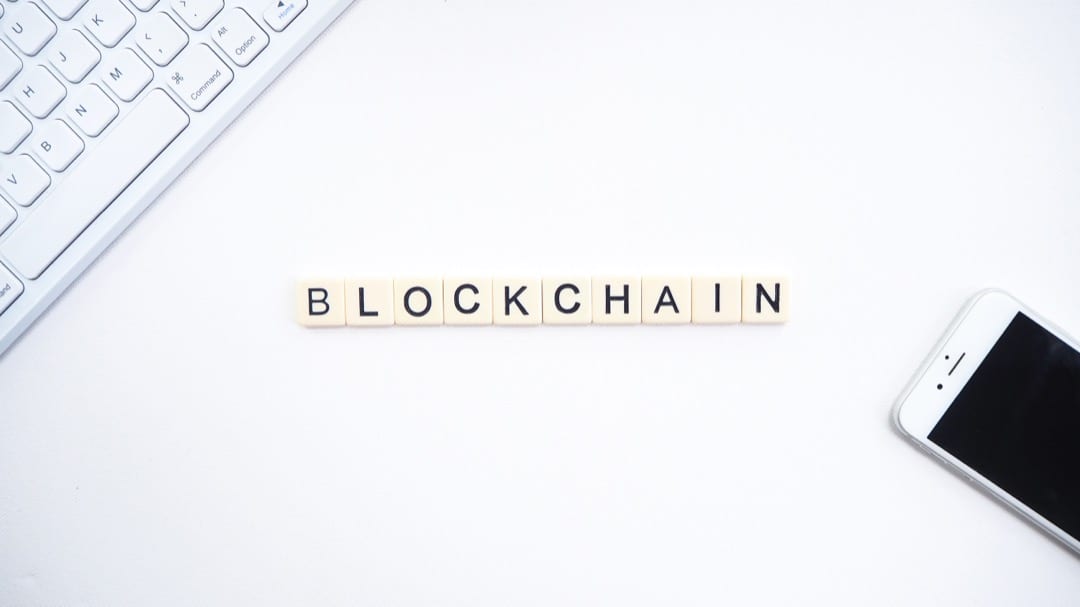Introduction to Blockchain
Blockchain development is one of the fastest growing sectors in the last few years. Many developers are now getting into blockchain technology. There are now many blockchain training programs, blockchain certifications, blockchain conferences, blockchain games, blockchain oracles and many other blockchain (pick your favorite word).
But what is this “blockchain?”
The term ‘Blockchain’ has became more mainstream with the rise of cryptocurrencies like Bitcoin. A blockchain is a decentralized, digital ledger that records the transactions of a specific cryptocurrency. The ledger records the transactions of private and public keys, and thus the transactions of wallets. Be sure to read the cryptocurrency wallets ultimate guide for a refresher on private keys and wallets.

Think of the blockchain like those accounting ledger notebooks with all the transactions written in it. The ledger notebook contains where money is sent to, where money is received from, and who has how much money. That physical notebook is similar to the cryptocurrency’s ‘blockchain,’ a digital ledger. The blockchain holds the transactions.
Why is it called a ‘block’-‘chain’? Because it’s a chain of blocks. As a notebook is made of pages, a blockchain is made of blocks. Each page / block holds many recorded transactions.
Now here’s a key feature of blockchains – decentralization. The digital ledger is not on a singular, centralized server. The ledger and all the transactions are shared across multiple nodes (servers), so it is very difficult for any one person to change the previously recorded transactions. That provides even more security for people who own Bitcoin, for example.
No one can take the notebook and change a number, because there are hundreds to thousands of copies of the notebook that must always be synced, so you can’t just change past transactions – immutability.
Blockchains are immutable, meaning that the records on the digital ledger can’t be changed. This blockchain feature ensures the security and privacy of records.
Decentralization, immutability, enhanced security, and data privacy has led to many new startups disrupting centralization of data.
Decentralized vs Centralized Networks
The term centralized simply means that a single authority (person or company) works as a central actor with full access and control over the data communication between two parties (people, companies, computers, etc).

The architecture of these centralized networks is based on a central server (or a cluster of servers) with all decision making powers over the network. This central server has higher capabilities of data computing resources and massive data storage across the whole network and is responsible for the data security and privacy of users.
Most large companies and websites today have a centralized network. That means they control their servers and thus the data stored on the servers. A central authority makes all the decisions for those servers and the data on those servers.
No one else controls the servers and the data, unless they are hacked. If you wonder how often a large company that’s spent millions to secure their servers, check out this list of hacked servers on Wikipedia.
The security advantages of blockchain has led to the significant rise in blockchain development positions and blockchain training programs. The investment costs into blockchain training and hiring of blockchain developers far outweigh the benefits that are received.
But why does that matter to us as individuals?
How Does Centralization Affect Me?
Let’s take a look at social media for examples of centralization and how that affects the protection and privacy of users – you and me.
Facebook, Twitter, and YouTube are three of the most widely used websites. They function differently and we use them for different purposes, but they have one thing in common. Each of those sites contains a large amount of their users’ personal data, including viewing habits, interests, location, age, gender and more. That data is stored on central servers that each company controls.
These sites are free to use in the sense that you’re not transferring money to use those sites. In reality, you’re paying to use those sites by providing them your data.
That data is highly valuable for marketers and advertisers. That’s where social media generates the majority of their revenue. Those sites collect and analyze your data, then they sell it to marketers and advertisers. These advertisers will pay Facebook to be able to target certain demographics and put ads in front of the users.
Even though social media sites are collecting data, the advantage for you is you’re able to stay connected to friends and family, stay up to date with the latest news, watch entertaining videos, etc. That can be argued as a fair enough trade.
But here’s the bigger issue. All that personal information you’ve given to those sites – name, email, phone number, location, age, gender, etc. – is at risk. All of your personal information in their hands and on their centralized servers. You may think, it’s ok, those are big companies and they can protect their servers. They won’t do anything “evil” with my information.
If you think that, you didn’t click that Wikipedia link to the list of hacked servers did you?
Let’s say that’s true, they don’t plan to do anything evil as a company. But one angry employee could. That employee could take your data and sell it. Or what if their servers were hacked because of a bug in their programming code? Why do you think there are continual “security updates” that software programs have? It’s because there are continually new threats to software.
Wrapping Up
One of my favorite movies is WarGames and in that movie, Matthew Broderick’s character hacks into the school’s computers and changes his and Ally Sheedy’s character’s grades. Because that school’s computers are centralized and controlled by the school, it’s easily hackable if you know the password. But if the data was on a decentralized network, there wouldn’t be one password that would allow you log into the school’s server to change the ‘F’ to an ‘A.’
Decentralized networks are immutable, because change any records requires 51%+ of the nodes on the decentralized network to agree to the change. That won’t happen because there’s not one single centralized authority that controls the majority of the network.
Ok, it’s technically not ‘impossible.’ But it is very, very difficult for large cryptocurrency blockchains like Bitcoin. Bitcoin is sufficiently decentralized across tens of thousands of nodes that no single entity will be able to control the majority of the blockchain’s nodes.
If you want a more technical understanding of decentralization, do check out Vitalik Buterin’s Medium article on The Meaning of Decentralization. This article covers more of the basics in more general terms and using examples that hopefully give you a clear idea.
If you haven’t yet, be sure to read the Bitcoin 101 – What is Bitcoin? and Best Cryptocurrency Wallets guides.
In my next post on blockchain technology, I’ll dive deeper into centralized social networks. I’ll also look at decentralized social media options, as well as opportunities to make money off your own data.
